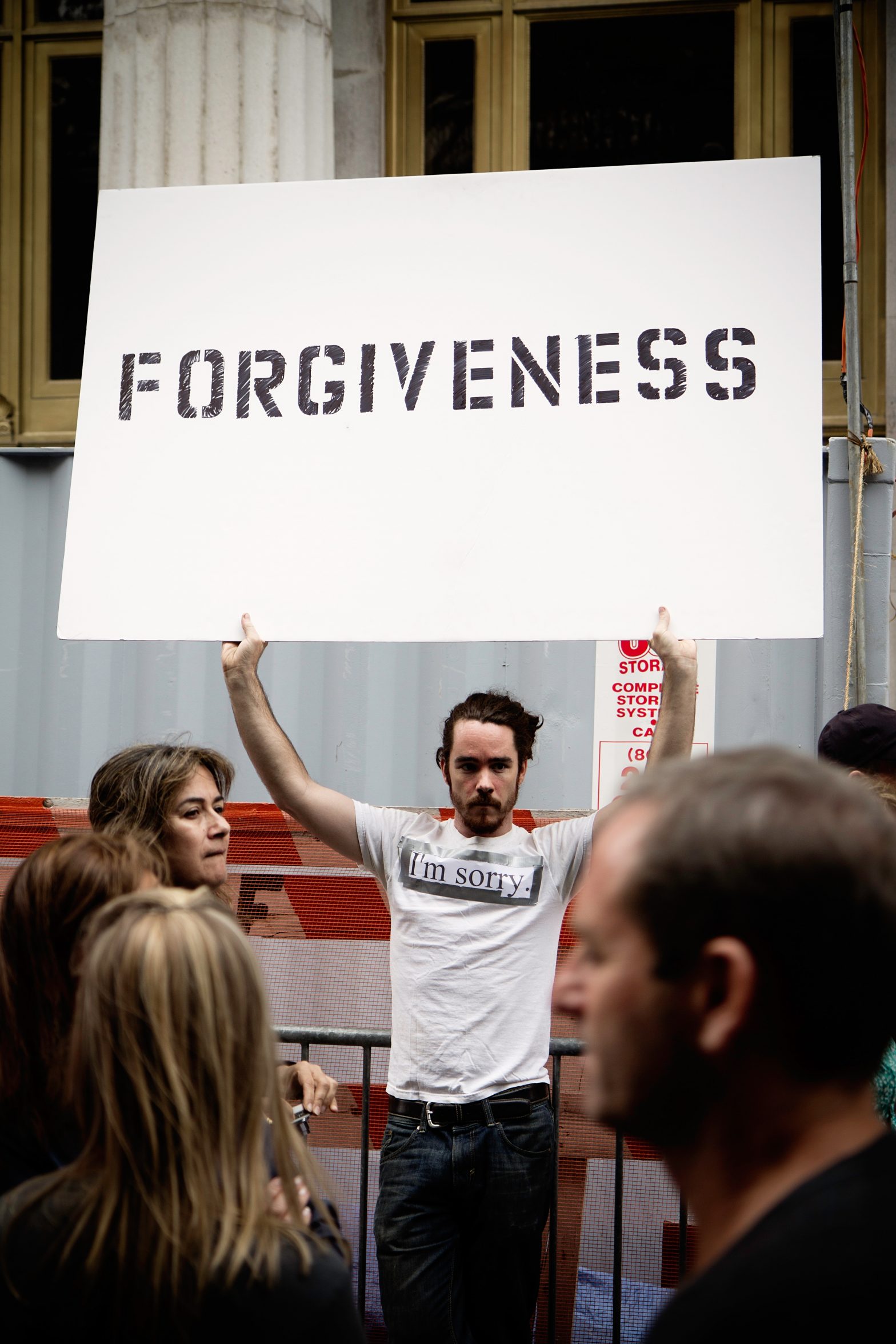“Do not repay evil with evil or insult with insult. On the contrary, repay evil with blessing, because to this you were called so that you may inherit a blessing.”
1 Peter 3:9
Why does Peter say this? He is reminding us not only of the example Jesus set by sacrificing Himself on the cross, but also of the higher standard for responding to evil that Jesus set in the Sermon on the Mount, where He commands the following:
‘“You have heard that it was said, ‘Eye for eye, and tooth for tooth.’ But I tell you, do not resist an evil person. If anyone slaps you on the right cheek, turn to them the other cheek also. And if anyone wants to sue you and take your shirt, hand over your coat as well. If anyone forces you to go one mile, go with them two miles. Give to the one who asks you, and do not turn away from the one who wants to borrow from you.’
Matthew 5:38-42
In the Old Testament, the Israelites were commanded to repay an ‘eye for an eye’, in Exodus 21:23-25 it reads:
“But if there is serious injury, you are to take life for life, eye for eye, tooth for tooth, hand for hand, foot for foot, burn for burn, wound for wound, bruise for bruise.”
Exodus 21:23-25
Laws like this in the Old Testament weren’t wrong, but they only kept evil under control, at best. Jesus came along and by being the perfect sacrifice Himself, set a higher standard. He provided a way for us to break the chain of evil in the Sermon on the Mount by commanding us in so many words to ‘not repay evil for evil’ as Peter later summarized. It’s tempting to want to ‘give people what they deserve’, at least what we think they deserve. We aren’t perfect judges though, we don’t have all the facts.
Think about it, when Jesus was suffering and dying on the cross, He asked His Father to forgive the executioners. This was not something they deserved, especially since they were not repentant. In fact they were casting lots (gambling essentially) as Jesus was dying in front of them. This is an extreme example, but it’s the model for how we should forgive — basically all the time, even if they don’t deserve it. If we don’t, the Parable of the Unmerciful Servant tells how God will treat us.
An example we can all relate to first-hand, avoid giving someone the cold shoulder, or rather shunning them, because you are angry with them. We need to avoid making other people suffer just because we are hurting or angry. Or because they sinned and we blame them, or worse — blame God. Instead we need to confront the pain directly and find a way to use it for good. Evil is not God’s doing, instead it can be ours when we choose to respond the wrong way.
I think this is the most difficult with family and church members. We feel like we know them really well and can’t understand why they would commit a particular sin. Then we are reminded of what they have done every time we see them. Even though they have repented and we have forgiven them, we still get reminded of the pain. We have to continually forgive — it’s a process, not a ‘one and done’ thing. In my opinion, this is one of the reasons Jesus said to forgive 7 x 70 times when a brother or sister sins against you (Matthew 18:21-22).
Many times, but not always, things that happen to us are our own fault. We may not always be able to connect the dots to the root cause of mistakes we made to get to a particular point, but they are there. Or more likely, we may not want to admit it. So that is all the more reason to forgive (in case God commanding it wasn’t enough). In any case, our fault or not, we must not perpetuate evil — we must break the chain of evil by forgiving. This was the point Peter was making in 1 Peter 3:9.
